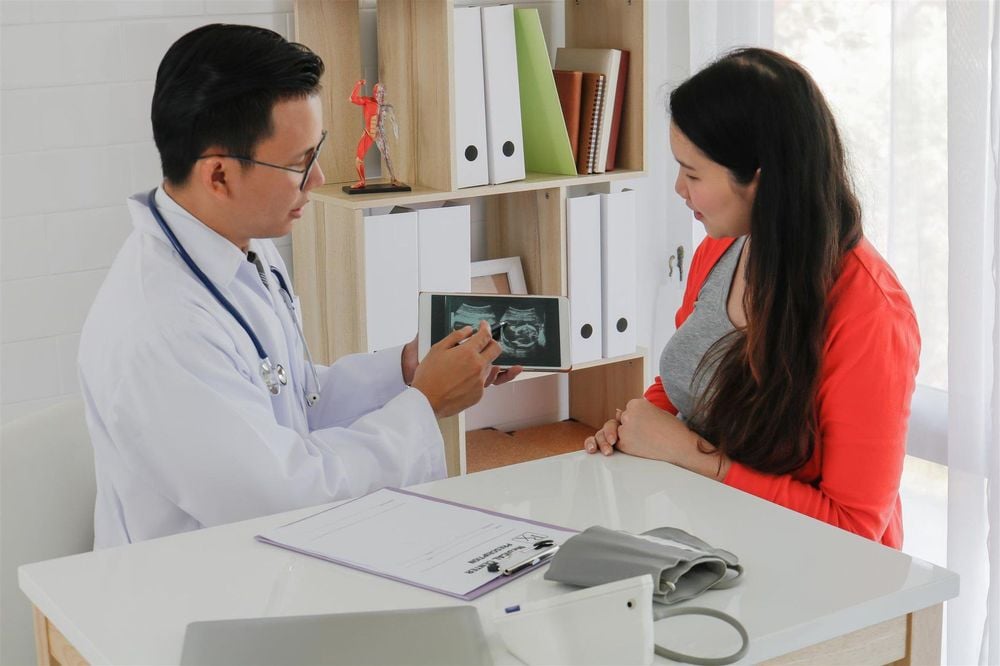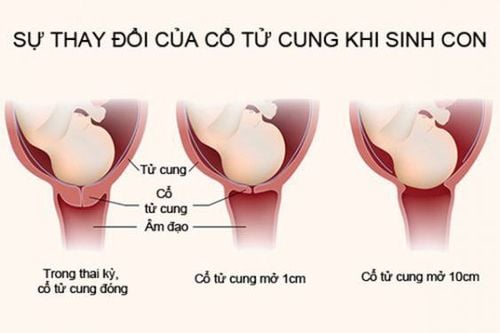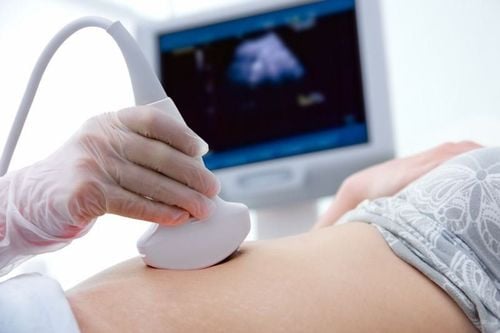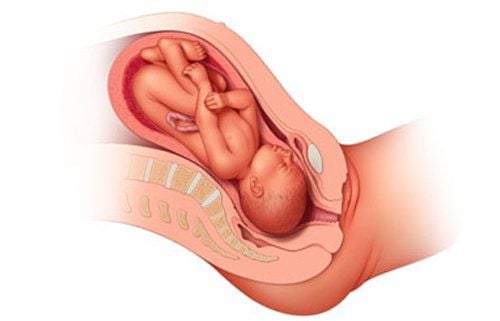This is an automatically translated article.
Your doctor can take steps to delay your baby's early birth so that your baby develops well and has fewer postpartum problems when born as close to or on time as possible.1. What factors increase the risk of preterm birth?
Many different factors can increase the risk of premature labor. Some prominent factors can be mentioned such as:Smoking Being overweight or underweight before pregnancy Not getting good care during pregnancy Drinking alcohol or using drugs and other addictive substances during pregnancy pregnancy Have medical conditions such as high blood pressure, preeclampsia, diabetes, blood clotting disorders or infections Pregnant with a baby with birth defects Pregnancy with a baby from IVF Carrying pregnancy with twins or more Family or personal history of premature birth Getting pregnant too soon after childbirth

Uống rượu bia hoặc sử dụng ma túy và các chất gây nghiện khác trong thời gian mang thai là yếu tố nguy cơ làm sinh non
2. Symptoms of Premature Labor
To prevent premature labor, pregnant women need to know the warning signs. Call your midwife or doctor immediately if:Back pain, usually in the lower back. Pain may be transient or stable. Pregnant women feel pain that does not decrease when changing positions or doing something to feel comfortable. Contractions every 10 minutes or more Spasticity in the lower abdomen or cramping like during menstruation. They can make a pregnant woman feel like she has bloating that can accompany diarrhea. Fluid leaking from the vagina Flu-like symptoms such as nausea, vomiting, or diarrhea. In this case, you need to call your doctor as soon as you have mild symptoms. If you cannot tolerate liquids such as water, for more than 8 hours, you must see your doctor right away. Increased pressure in the pelvis or vagina Increased vaginal discharge Vaginal bleeding, including light bleeding Some of these symptoms can be difficult to distinguish from normal symptoms of pregnancy, such as back pain. However, you should still be careful, if there are abnormal signs, you need to see a doctor for advice and treatment immediately.
3. How to check for contractions
Checking contractions is the most important way to detect early labor:Place fingertips on abdomen. If your uterus feels tight and soft, it's a contraction. Record the time when the contraction begins and the time when the next contraction begins. Try to ease the contractions. Relax your legs. Change position. Relax. Drink two or three glasses of water. Call your doctor or midwife if contractions continue to happen every 10 minutes or contractions get thicker, if any of your symptoms get worse, or if the pain is severe and shows no signs of abating. Remember that many women have harmless false labor known as Braxton Hicks contractions. They are often erratic, not close together, and stop when moving or resting. It's not the pain of preterm labor. If unsure about the type of contraction, get medical advice.
4. How are pregnant women consulted and treated at the hospital?

Khi nghi ngờ sắp chuyển dạ sớm, thai phụ cần phải đến bệnh viện
Ask about your medical history, including any medications taken during pregnancy. Check pulse, blood pressure and temperature. Check your baby's heart rate and your contractions. Take samples for fetal fibronectin testing, which helps predict the risk of early delivery. Check your cervix to see if it's open. If preterm labor is diagnosed, treatment may be needed, which may include:
Intravenous solution Medicines to slow uterine contractions and slow labor Medicines to speed baby's lung development Resistance If the above measures are still not able to limit the time of delivery, doctors and midwives will be ready to assist the mother in giving birth. If the doctors say no preterm labor, the pregnant woman can go home.
5. What happens to a premature baby?
About 1 in 10 babies born in the United States are premature. Premature babies develop more slowly than term babies. They are at higher risk for a number of long-term health problems, including autism, intellectual disability, cerebral palsy, lung problems, and vision and hearing loss.
The earlier a baby is born, the more likely it is to have problems. Babies born after 7 months usually need a short stay in the hospital in the neonatal intensive care unit (NICU). Babies born earlier face much greater risks.
Please dial HOTLINE for more information or register for an appointment HERE. Download MyVinmec app to make appointments faster and to manage your bookings easily.
Article reference source: webmd.com












